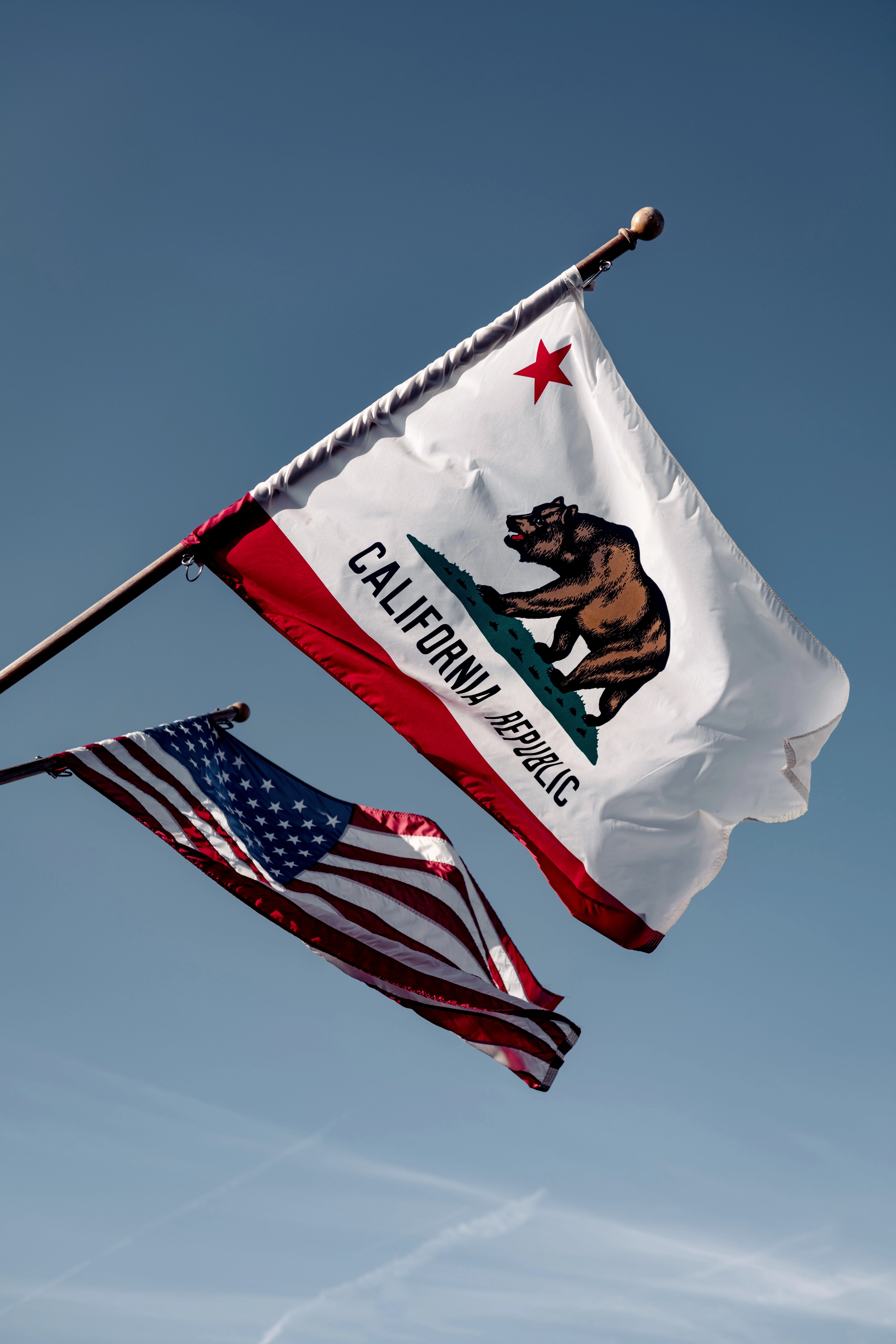California Climate Disclosure Bills:
CA SB 253 and CA SB 261
Sacramento, 9 October 2023
California's recent legislative actions, specifically the passage of Senate Bills 253 and 261, have positioned the state as a leader in corporate climate accountability on a global scale. With the world's fifth-largest economy, California's policies have far-reaching implications, and these new laws underscore the state's commitment to combating climate change through enhanced transparency and accountability in corporate operations.
Overview of the Bills
Senate Bill 253 (SB 253), now known as the Climate Corporate Data Accountability Act (CCDAA), and Senate Bill 261 (SB 261), referred to as the Climate-Related Financial Risk Act (CRFRA), were both recently passed by the state legislature and signed into law by Governor Gavin Newsom. These laws mandate thousands of companies doing business in California to disclose their direct and indirect greenhouse gas emissions as well as climate-related financial risks.
Key Provisions of SB 253 (CCDAA)
- Emissions Disclosure: SB 253 requires large public and private companies operating in California to report their scope 1, 2, and 3 emissions starting in 2026. Scope 1 covers direct emissions from company activities, scope 2 includes indirect emissions from electricity usage, and scope 3 encompasses all other indirect emissions within a company’s supply chain.
- Verification and Registry: The emissions disclosures must be independently verified and will be accessible on a new digital registry managed by the California State Air Resources Board (CARB).
- Impact and Liability: This bill impacts companies with over $1 billion in annual revenue doing business in California, affecting over 5,000 entities. It authorizes civil actions and penalties up to $500,000 for non-compliance, with certain safe harbor provisions for scope 3 emissions reporting.
Key Provisions of SB 261 (CRFRA)
- Financial Risk Reporting: SB 261 compels entities with at least $500 million in annual revenue to prepare and submit reports on climate-related financial risks, following the Task Force on Climate-Related Financial Disclosures (TCFD) framework, starting January 1, 2026, with biennial reporting thereafter.
- Disclosure and Exclusions: These reports must be made available on the companies' websites. Entities regulated by the California Department of Insurance or involved in insurance in other states are exempt.
Implications for Businesses
The enactment of SB 253 and SB 261 signifies a significant shift towards transparency in environmental impact and financial risk management related to climate change for companies operating in California. The legislation not only affects companies based in California but also those with substantial business operations within the state, regardless of their headquarters' location. This approach aligns with global trends towards stringent climate reporting standards, such as the SEC’s proposed climate disclosure rule in the U.S. and the EU’s Corporate Sustainability Reporting Directive (CSRD).
Conclusion
California's SB 253 and SB 261 are landmark pieces of legislation that set a new standard for corporate climate accountability. By requiring detailed emissions and financial risk disclosures, these bills aim to foster a more sustainable and transparent business environment. As companies prepare to comply with these new regulations, the global movement towards comprehensive climate reporting and accountability continues to gain momentum, with California leading the way.
For more information on the agreement and its implications, please refer to the official announcement by the European Council: https://www.consilium.europa.eu/en/press/press-releases/2024/02/05/environmental-social-and-governance-esg-ratings-council-and-parliament-reach-agreement/.



